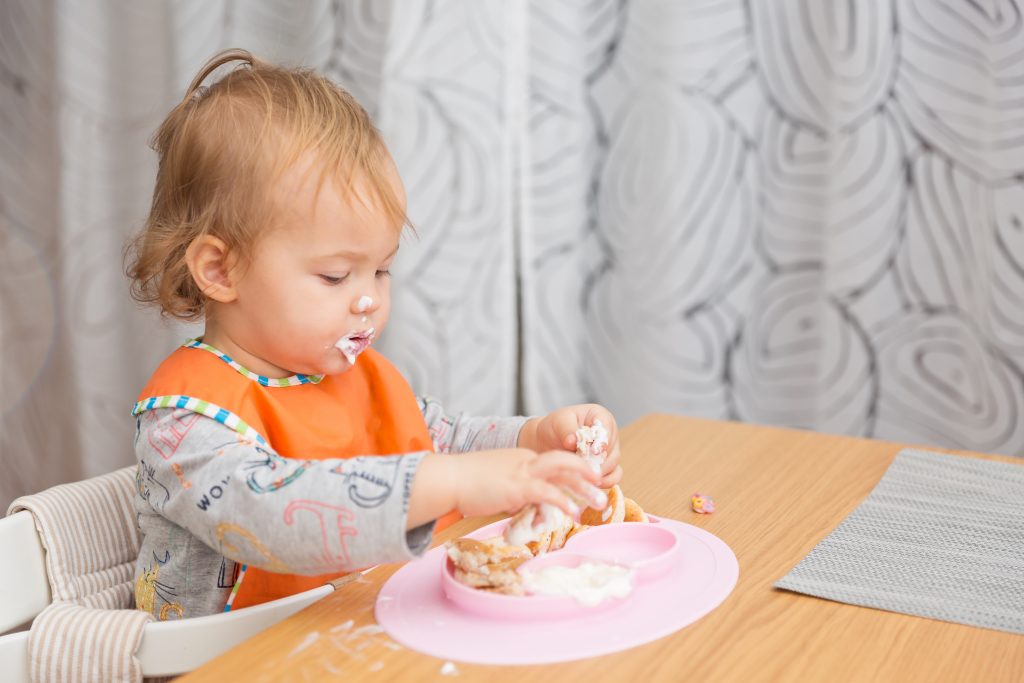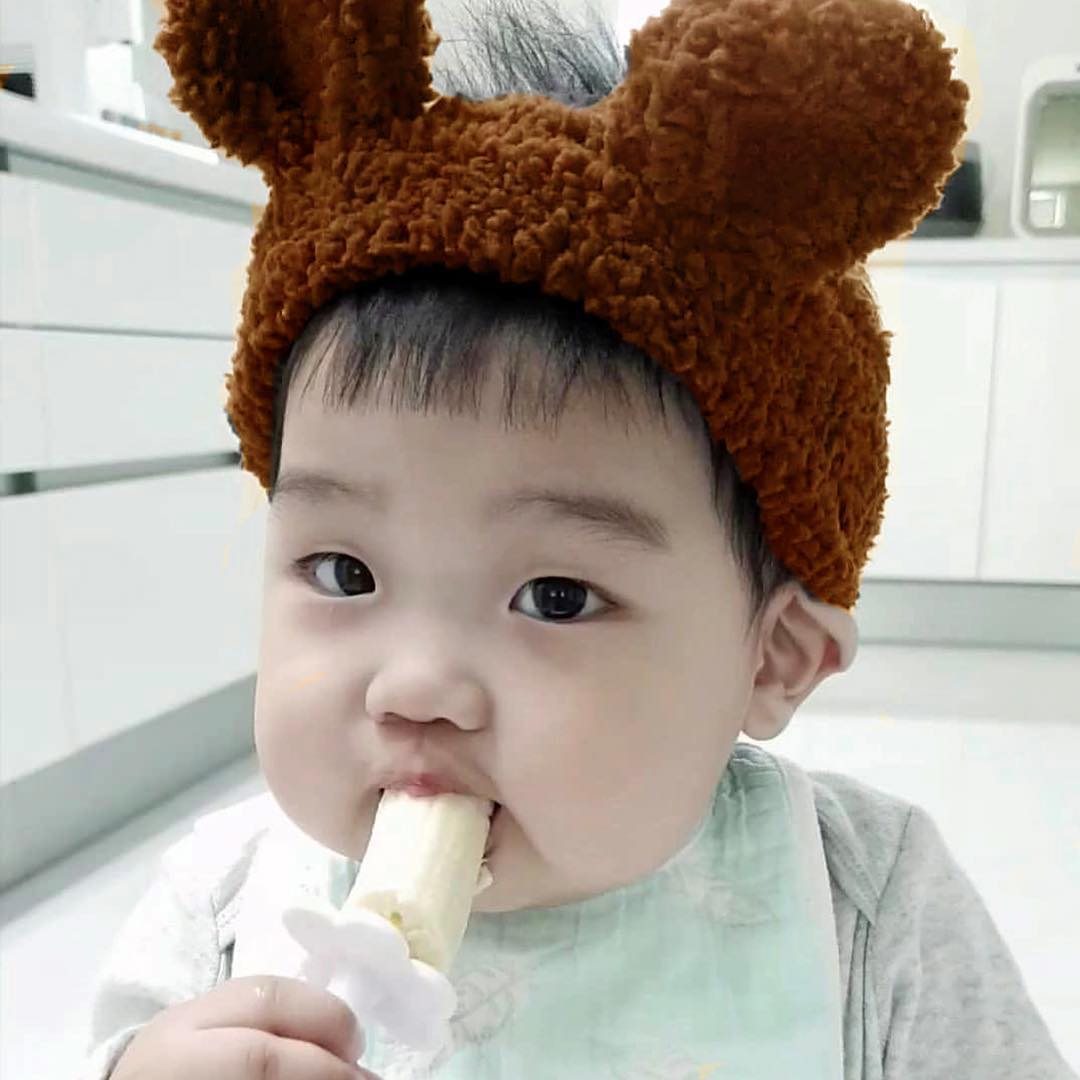Baby's first solid food
/Babies needs to be given their first food gradually after having exclusive breastfeeding for the first 6 months of their life. After baby is 6 months old, breastmilk alone is unable to meet the nutritional needs of the baby, so baby needs to eat foods other than only breast milk, and it’s worth the mess!
Sign of babies are being ready to eat solid food
The baby has indirectly shown signs that he is ready to be given solid food near the age of 6 months. Such as being able to hold his head, able to pull out his tongue, has begun to look interested in food, look at food at the dinner table, and may try to reach the food in front of him. If the baby has shown such signs, it means they’re ready to be introduced to their first solid foods.
Read more: It's meal time! The best baby bowls and plates in 2019
There is a right moment to introduce baby food, a unique timing for every child. If parents introduce too early, baby may will stop breastfeeding soon, and they will not get the benefits of breast milk. If introduced too late, they will be more difficult to take solid food, so it may caused them a shortage of vitamins and minerals.
What is the first food parents should give to baby?
First Food
Start by giving them soft food or mashed food. The choices can be rice porridge, or baby cereal. Occasionally give boiled vegetables and fruits, such as potatoes, carrots, yams, apples or pears. Soft fruits such as melons may also be given to him.
Even so, giving varied types of food is still recommended as it is feared if only giving rice cereal, babies are at risk of excessive arsenic exposure.
Finger food
After getting used to eat soft foods, you can give him finger food. Finger food is a food that is cut to the size of a finger so that it is easily grasped and eaten by the baby. You can give banana or avocado pieces as finger food. Initially the baby may learn to hold food with his own hands and learn to put it in his mouth, but later at the age of 8-10 months, usually the little one can consume finger food in slightly larger portions.
Advanced food
If the baby can successfully eat the two stages above, it means that they can consume advanced foods that are more complex. Foods like chicken, meat, noodles, bread, rice, and boiled eggs are safe to give to them. But make sure the food is cooked till it soft to make it easier to eat and avoid choking.
Read more: Grabease, best baby self feeding spoon and fork set
Drink from a cup
Give the baby the experience of drinking directly from an open cup or glass after he is six months old. This way will help his ability to drink as well as good for tooth development.
Eat three times a day
At first, baby may eats enough twice a day, but after they are 8-9 months old, they can start eating three times a day. Later at the age of 12 months, they are used to eating three times a day plus light meals. In addition, from the age of 12 months, babies can drink cow's milk. Choose full-fat dairy products because children under the age of two need extra fat and vitamins for their physical development.
The right things to do while giving baby’s first solid food
Parents can apply the following methods to give complementary feeding to your child without interfering with the natural development of her body.
Give your baby a meal when their mood is happy and not too hungry, tired, or fussy.
Let your baby enjoy touching and holding food.
Read more: The importance to let your children self-feeding, it's worth the mess
When a baby shows an interest in eating alone, give him a chance to eat with his own hands.
Mother must be patient, do not force the baby to eat.
Keep breastfeeding baby or milk-feeding for at least one year.
Accompany them while they’re eating.
Make sure the food given to the baby is clean, fresh, and not hot.






